"Beyond a reasonable doubt" means the admissible evidence shows the defendant committed the alleged offense. That is not to say that all doubt is eliminated, but no other reasonable explanation exists. In a criminal case, this is the highest standard of proof.. Beyond a reasonable doubt is a popular phrase, but one that is not always widely understood by the general public. Yet proving beyond a reasonable doubt that somebody committed an offense is a pillar of the common law criminal justice system. This burden of proof helps reduce the risk of innocent people being deprived of their liberty and.

John Grisham Quote “Guilt beyond a reasonable doubt means if he probably did it, then let’s get
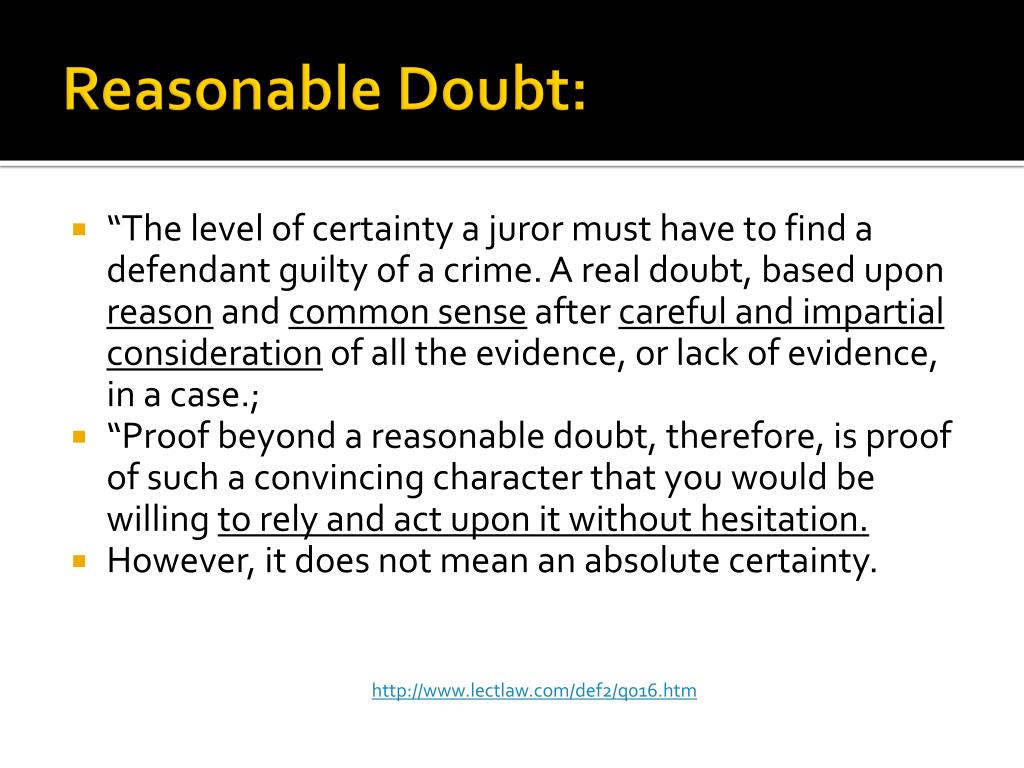
PPT What is “Reasonable Doubt”? PowerPoint Presentation, free download ID4035831

What is "beyond a reasonable doubt" and how is it different from the "regular" doubt? YouTube
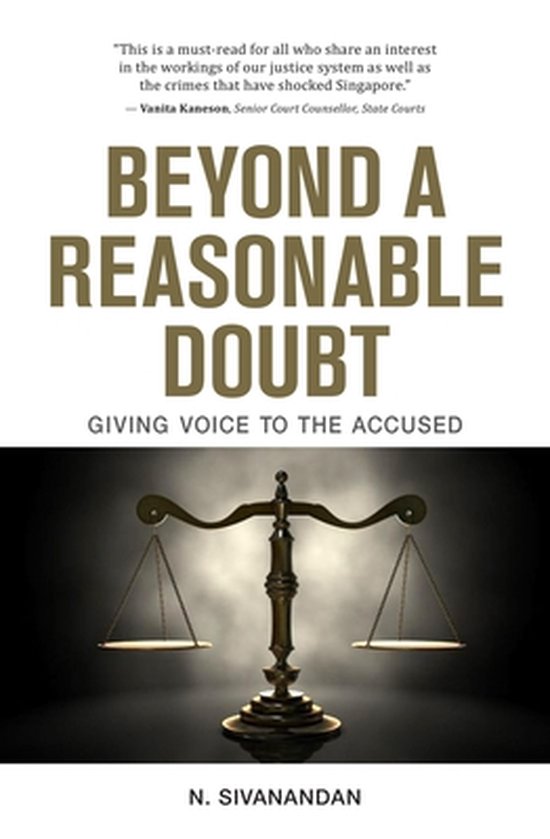
Beyond a Reasonable Doubt Giving Voice to the Accused, N Sivanandan 9789814841481

The reasonable doubt

Law for Business. The Nature of Crimes презентация онлайн

Beyond a Reasonable Doubt Section 2.01 Texas Penal Code Cook & Cook Law Firm, PLLC

VID CRIM 10 What Does Guilt Beyond A Reasonable Doubt Mean YouTube
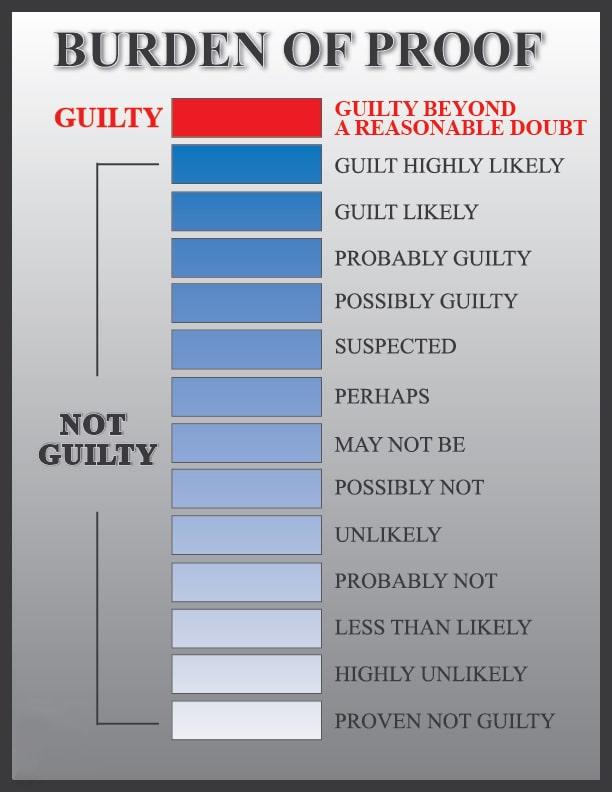
The Definition of “Beyond a Reasonable Doubt” Federal Criminal Law Center
Beyond A Reasonable Doubt Definition What Does Beyond A Reasonable Doubt Mean?

What Does Guilty Beyond A Reasonable Doubt Mean? YouTube

What does beyond a reasonable doubt mean? YouTube
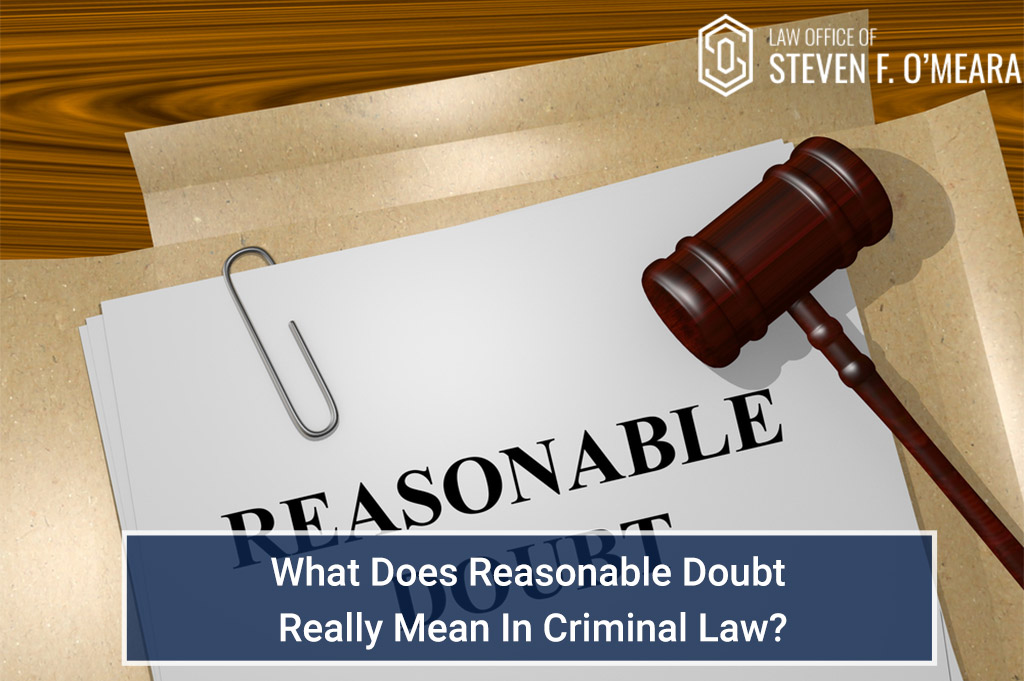
What Does Reasonable Doubt Really Mean In Criminal Law?

What does beyond a reasonable doubt mean?

Beyond a Reasonable Doubt SIMPLIFIED + EXAMPLE YouTube

What is proof beyond a reasonable doubt? YouTube
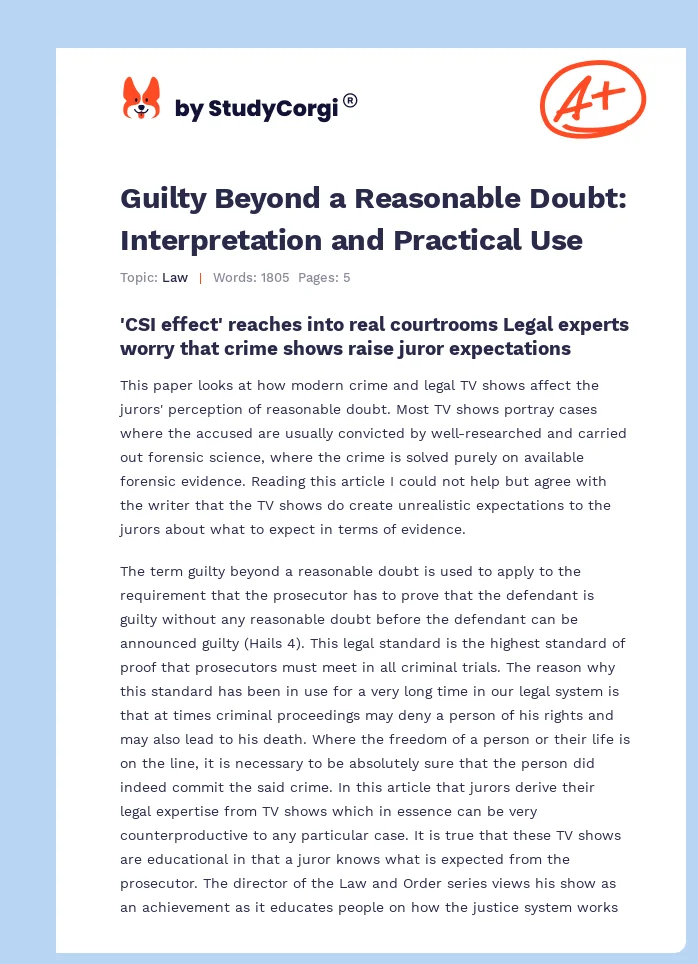
Guilty Beyond a Reasonable Doubt Interpretation and Practical Use Free Essay Example

What is "Beyond a Reasonable Doubt?" Ossie Brown

What Does “Beyond a Reasonable Doubt” Mean? Dickman Law Office
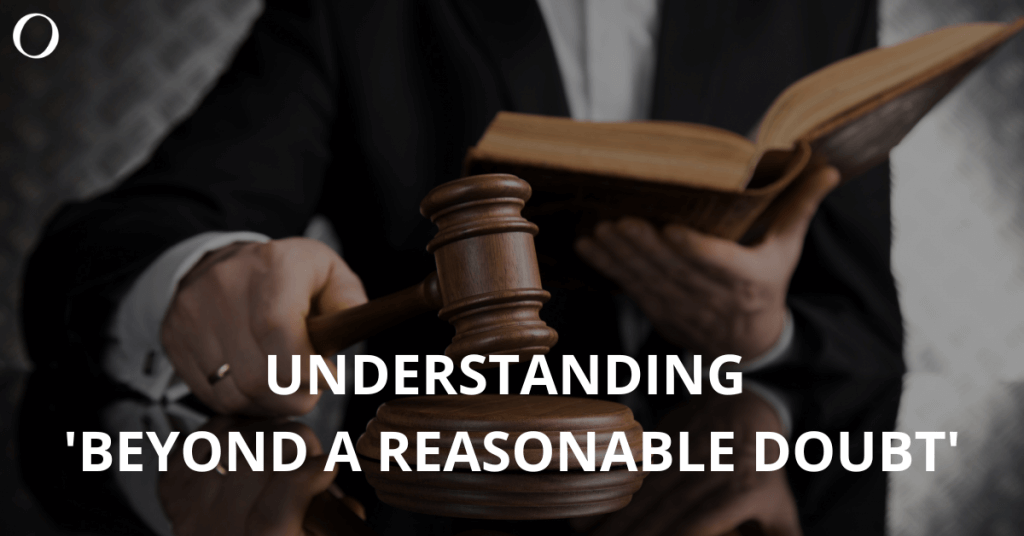
Understanding Beyond a Reasonable Doubt A Brief Explanation
The burden of proving the guilt of the defendant lies on the prosecution, who must prove the particulars of the offence beyond reasonable doubt; the jury or magistrates should only convict if they are sure of the defendant's guilt. 6. A key question for consideration is which party has the obligation ('the burden') to prove particular facts in.. noun. : a doubt especially about the guilt of a criminal defendant that arises or remains upon fair and thorough consideration of the evidence or lack thereof. all persons are presumed to be innocent and no person may be convicted of an offense unless each element of the offense is proved beyond a reasonable doubt Texas Penal Code.